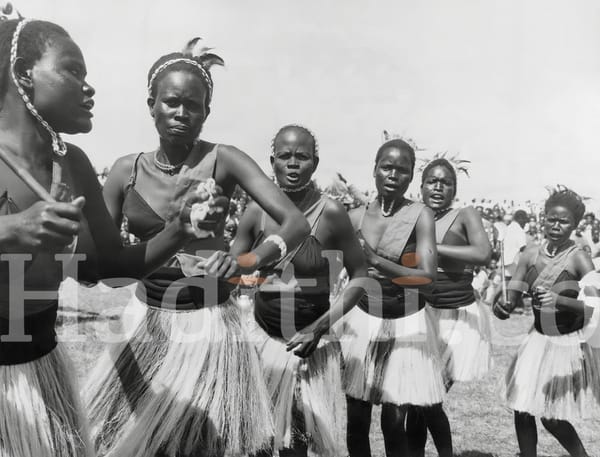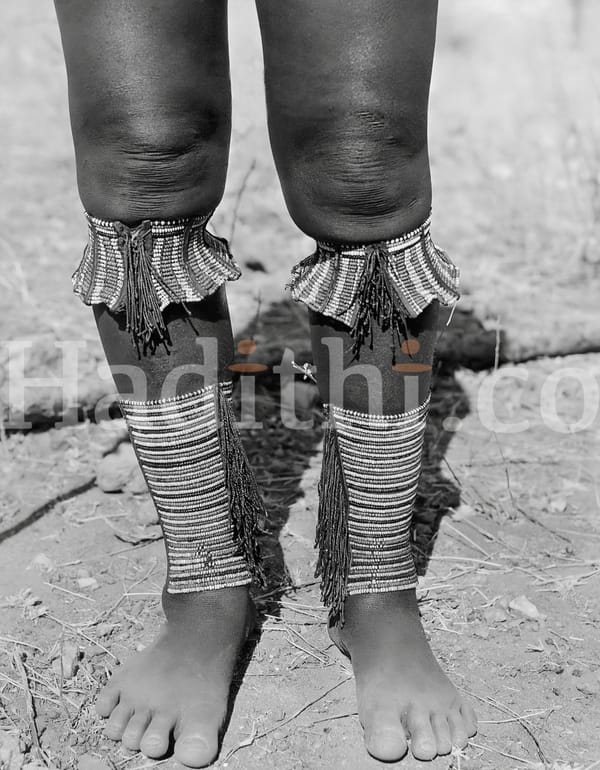The Githathi Stone: A Pillar of Truth and Justice in Kikuyu Culture

Introduction
Deep within the rich tapestry of Kikuyu cultural heritage lies the Githathi Stone, a sacred reddish brown object that historically played a crucial role in oath-taking purposes, especially in the administration of truth, justice, and conflict resolution among the Kikuyu people. This article explores the significance of the Githathi Stone, its historical context, and its evolution in modern Kenyan.
Historical Context
The Role of Elders and the Kiama
Traditionally, the Kikuyu community relied on a council of wise men known as the kiama to resolve serious disputes, such as land conflicts, betrayal, or crimes. This council, composed of respected elders, was tasked with maintaining peace and harmony within the community. At the heart of this process stood the Githathi Stone, which was believed to possess profound spiritual power.
The Spiritual Significance of the Githathi Stone
The Githathi Stone was not merely a physical object but a symbol of the spiritual and communal values that governed Kikuyu society. When individuals found themselves in a dispute, they would be summoned to the kiama, where they would swear an oath on the Githathi Stone. This oath was a solemn pledge to speak the truth and accept the consequences for any falsehoods. The belief was that dishonesty under such an oath could lead to dire consequences, including misfortune or even death.
The Oathing Ceremony
The Process of Oathing
The ceremony surrounding the Githathi Stone was marked by rituals that underscored the gravity of the oath. Participants would gather around the stone, and elders would initiate the proceedings, invoking the spirits of ancestors and the community's shared values. The act of swearing an oath on the Githathi was an acknowledgment of the individual's commitment to truth and integrity.
The Consequences of Falsehood
The Githathi Stone's power stemmed from the community's belief in the repercussions of dishonesty. Those who lied while swearing on the stone faced not only social ostracism but also the potential for spiritual retribution. This deep-seated belief created a culture of accountability and trust, essential for maintaining order in a society that lacked formal judicial systems.
Cultural Parallels
Interestingly, the Githathi Stone shares similarities with the "white stones" used in other Kenyan communities, such as the sacred grove of the Mbeere. This suggests that various cultures within Kenya have historically employed similar spiritual concepts to uphold truth and order, highlighting a shared heritage of seeking justice and resolution through sacred practices.
Modern Context and Challenges
Evolution of Oath-Taking Practices
In contemporary Kenya, the practice of oath-taking on sacred stones, including the Githathi Stone, has become a topic of caution and suspicion. The government has discouraged such traditions due to their historical associations with secretive and sometimes violent movements, including the Mau Mau rebellion. These groups used oathing practices to demand loyalty and allegiance, often leading to conflict rather than resolution.
The Githathi Stone Today
Despite the challenges posed by modernity, the Githathi Stone remains a powerful symbol of Kikuyu culture and heritage. For many Kikuyu and lovers of Kenyan heritage, the stone serves as a reminder of the community's historical methods of maintaining order, resolving disputes, and upholding truth long before the establishment of modern courts.
Conclusion
The Githathi Stone stands as a testament to the Kikuyu people's quest for justice, spirituality, and cultural identity. It embodies the principles of truth and accountability that have historically governed community interactions. As Kenya continues to navigate the complexities of modernity, the Githathi Stone remains a cherished symbol of a time when communities relied on sacred traditions to resolve conflicts and uphold moral values. Its legacy endures, reminding future generations of the importance of truth and the communal pursuit of justice.




